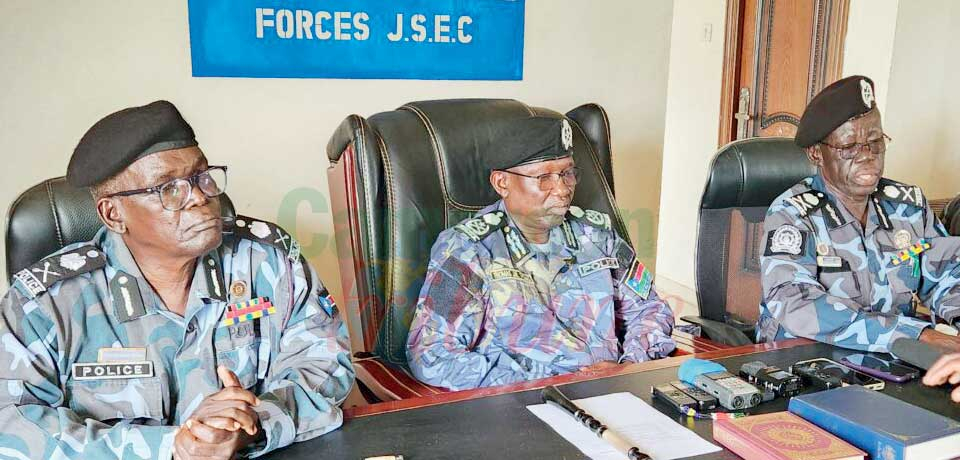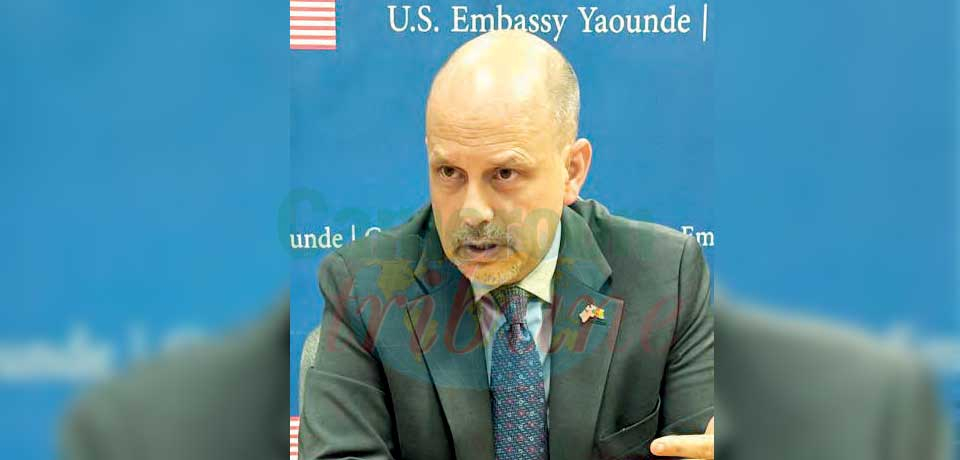After The Tribunal…The Way Forward
- Par Eldickson Agbortogo
- 11 Oct 2024 11:59
- 0 Likes

Criminal prosecutions before the Emergency Tribunal if well carried out, can strengthen the prospects for achieving justice, accountability and avoiding new violations.
After seizing operations in 2015 for reasons not made public by the government, the Joint Special Emergency Court (JSEC) to try members of South Sudan’s armed forces who commit crimes against civilians has been put back on the rails in what most experts say, is an opportunity for the different stakeholders to put things right. To set the ball rolling, the Parliament approved two laws on transitional justice that advance accountability and justice for victims of abuses committed since the start of the country’s armed conflict in December 2013. The bills adopted on September 3, 2024, were sent to Parliamentary committees where final changes were made before the President’s signature.
The approval of these long overdue transitional justice bills is the result of sustained pressure from victims of atrocities, their families, and civil society groups. On the field though much remains to be done to ensure credible processes to advance justice and uphold victims’ rights, the emergency court is in the days ahead expected to inquire into all aspects of violations and abuses, breaches of the rule of law and excessive abuses of power committed by all State and non-state actors. The tribunal is further mandated to investigate, document, and report on the course and causes of conflict and recommend processes for the full enjoyment by victims of the right to remedy, by suggesting measures for reparations and compensations.
Under these tribunal, those who disclose and inform the commission of crimes for which they are responsible are excluded from amnesty if they committed serious crimes under South Sudane...
Cet article complet est réservé aux abonnés
Déjà abonné ? Identifiez-vous >
Accédez en illimité à Cameroon Tribune Digital à partir de 26250 FCFA
Je M'abonne1 minute suffit pour vous abonner à Cameroon Tribune Digital !
- Votre numéro spécial cameroon-tribune en version numérique
- Des encarts
- Des appels d'offres exclusives
- D'avant-première (accès 24h avant la publication)
- Des éditions consultables sur tous supports (smartphone, tablettes, PC)














Commentaires